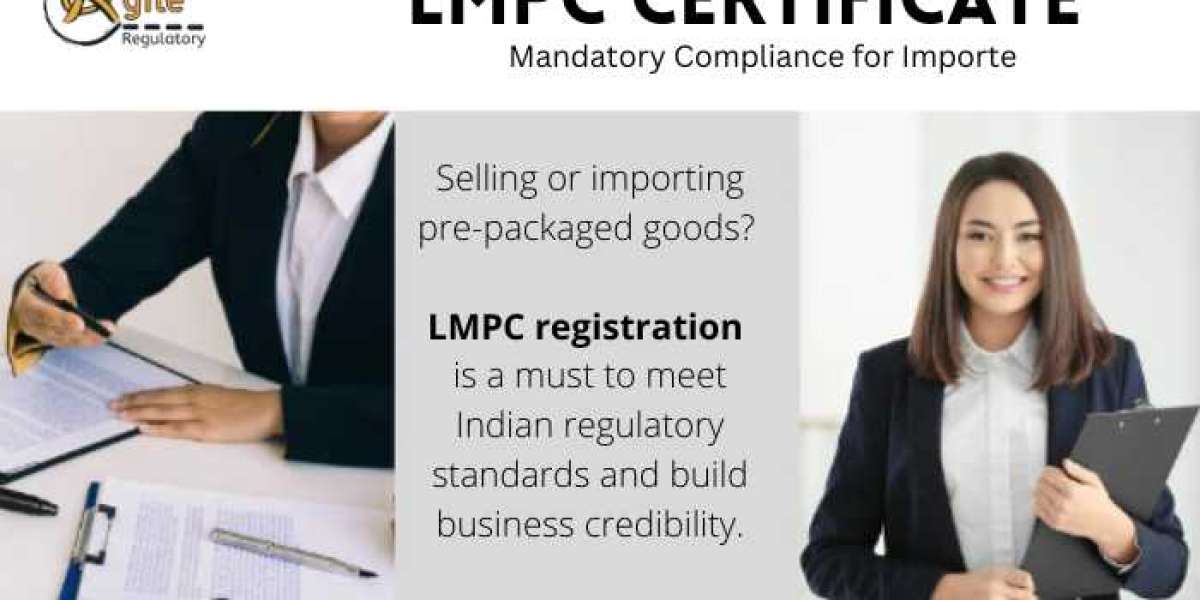The Role of Labeling in the Circular Economy
Labeling plays a crucial role in enabling businesses and consumers to make informed decisions. Whether it is food products, electronic goods, textiles, or packaging materials, labels provide essential details such as material composition, recycling instructions, and disposal guidelines. By adhering to labeling regulations, businesses can actively promote recycling practices and reduce environmental impact.
For example, a clearly labeled plastic package that indicates the type of polymer used allows waste management companies to sort and recycle it more effectively. Similarly, energy-efficiency labels on appliances help consumers choose sustainable products, reducing long-term environmental harm. Thus, labeling compliance directly contributes to the larger goal of resource efficiency and waste reduction, key pillars of a circular economy.
Building Trust and Accountability
Compliance with labeling rules also strengthens consumer confidence. In a world where greenwashing is common, regulatory-compliant labels act as a reliable source of truth. Customers are more likely to trust and support brands that are transparent about their product’s environmental impact, materials, and sustainability credentials. This trust not only enhances brand reputation but also drives loyalty and long-term growth.
Moreover, suppliers, manufacturers, and distributors within the supply chain benefit from standardized labeling practices. It ensures that every stakeholder has access to accurate product information, minimizing mismanagement and promoting responsible sourcing.
Reducing Regulatory Risks
Failure to comply with labeling requirements can lead to heavy penalties, product recalls, or even restrictions on market access. Governments worldwide are tightening labeling norms to support sustainable practices and consumer rights. Businesses that ignore these regulations risk both financial losses and reputational damage. On the other hand, companies that proactively comply with labeling rules enjoy smoother market entry, better customer perception, and long-term operational benefits.
Agile Regulatory: Your Partner in Compliance
At Agile Regulatory, we understand that navigating the complex landscape of labeling compliance can be challenging for businesses. Our team of experts specializes in guiding companies through regulatory requirements, ensuring smooth approvals and adherence to standards. From assisting with product certifications to facilitating compliance with labeling and environmental norms, Agile Regulatory empowers businesses to operate responsibly while strengthening their supply chains. With our support, organizations can align with circular economy principles and achieve sustainable growth.








